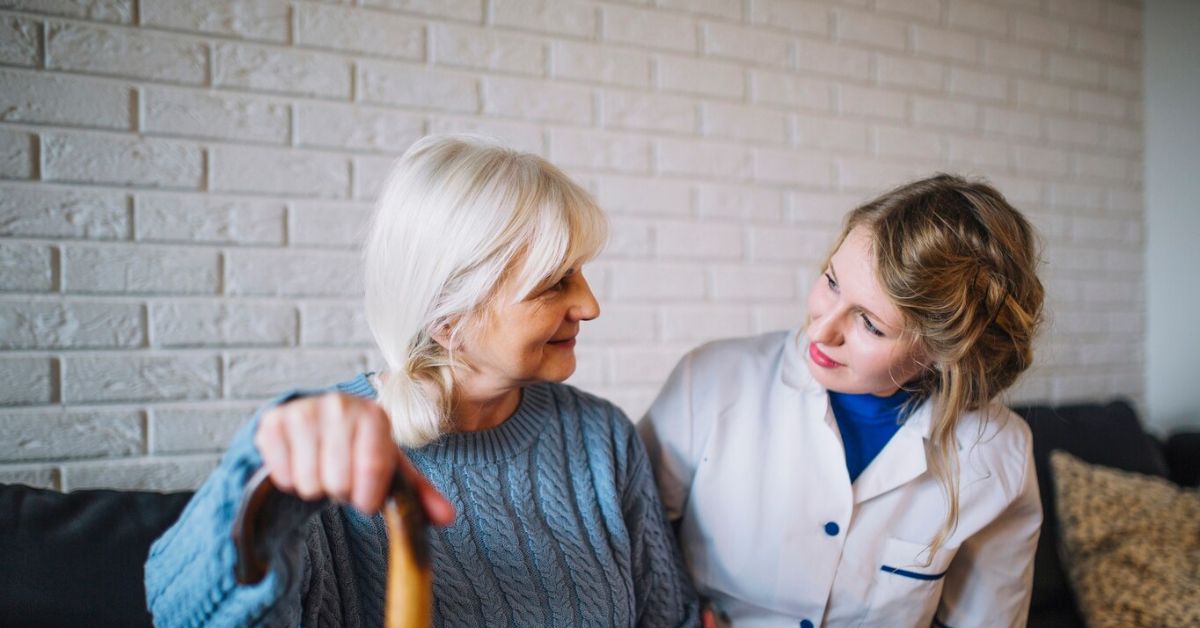It’s a given that nurses are important when it comes to caring for people with dementia. It’s not just about giving medications or checking vital signs—nurses bring something special to dementia care that makes a world of difference for patients and their families.
Understanding Skilled Nursing in Dementia Care
When we think about needing to get skilled nursing services in dementia care, we’re referring to care provided by nurses with special training in working with people with cognitive challenges. These aren’t just any healthcare providers. They understand how dementia affects the brain and behavior, which helps them connect with patients in meaningful ways.
A person with dementia might not be able to tell you they’re in pain or feeling unwell. A skilled nurse knows how to read the subtle signs. Maybe a patient who’s normally quiet becomes agitated, or someone who usually enjoys activities suddenly withdraws. These could be signs of an infection or other medical issue that needs attention. Skilled nurses pick up on these cues that others might miss.
What Do Nurses Actually Do in Dementia Care?
Nurses wear many hats when caring for people with dementia. They:
- Keep track of how a person’s memory and thinking abilities are changing over time
- Make sure medications are given correctly and watch for any side effects
- Help manage challenging behaviors without always turning to medications
- Work with doctors, therapists, and other care providers to coordinate care
- Show family members how to communicate and connect with their loved one
Every person with dementia is unique, and their care needs to reflect that. A good nurse creates personalized care plans based on each person’s history, preferences, and abilities.
Handling Complex Health Issues
As dementia progresses, other health problems often develop. People might have trouble swallowing, which can lead to pneumonia. They might become unsteady on their feet and fall more often. Simple infections can cause major setbacks in their cognitive function.
Skilled nurses stay one step ahead of these complications. They focus on:
- Preventing aspiration pneumonia through proper positioning and swallowing techniques
- Reducing fall risks by creating safer environments and teaching transfer techniques
- Monitoring for early signs of urinary tract infections, which can dramatically increase confusion
- Managing pain that the person may not be able to verbally express
- Maintaining skin integrity to prevent pressure ulcers in less mobile patients
When medical issues come up, they work quickly to address them in ways that cause the least disruption to the person’s routine and environment.
Supporting Families Through the Journey
Nurses don’t just care for patients—they also support families who are often struggling with grief and exhaustion. They help family members understand what’s happening and teach them ways to have meaningful interactions with their loved one.
“What should I say when my mom doesn’t recognize me?” “Is it normal for dad to get angry like this?” “How do I know if she’s in pain?” These are the kinds of questions nurses help families navigate. They offer both practical advice and emotional support during what is often one of the most challenging times in a family’s life.
Why It All Matters
At the end of the day, skilled nursing in dementia care is about preserving dignity and finding moments of joy even as cognitive abilities decline. Nurses help create environments where people with dementia can feel safe, respected, and connected. Their expertise doesn’t just improve medical outcomes—it improves the quality of life for everyone involved in the dementia journey.











